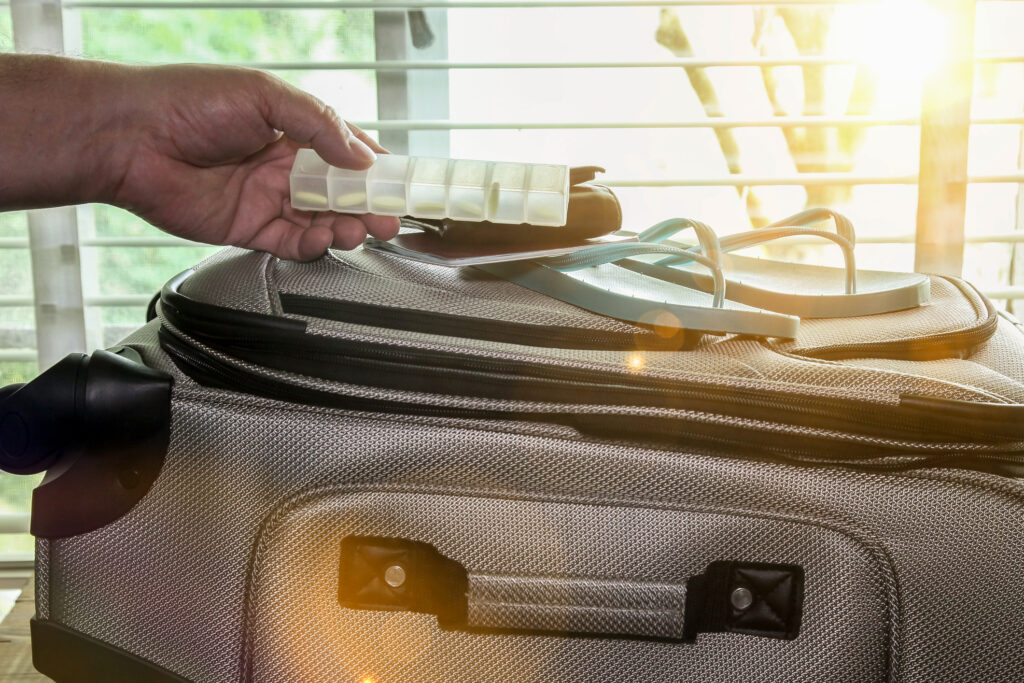Traveling while on Medicare requires additional considerations to ensure a seamless experience
in managing medications. Being prepared and proactive will help prevent any disruptions in
accessing necessary healthcare while away from home. Taking these simple steps can contribute
to a worry-free journey, allowing for a more enjoyable and worry-free travel experience.
1. Review Medicare Coverage and Prescription Plans: Before embarking on a trip, it is
essential to review coverage and prescription plans. Medicare coverage can vary
depending on the specific plan and travel destination. Know what medications are
covered and any limitations or restrictions associated with the plan, such as prior
authorization requirements or quantity limits.
If traveling domestically within the United States, indiv iduals should ensure that their Medicare
plan is accepted by healthcare providers in the destination area. For international travel, it is
important to note that Original Medicare typically does not provide coverage outside the United
States. Considering supplemental travel insurance or exploring Medicare insurance plans that
include travel coverage may provide additional peace of mind and financial protection.
2. Obtain Sufficient Medication Supply: To avoid running out of medications while
traveling, ensure you have an adequate supply for the duration of the trip. It’s advisable to
contact your healthcare provider or pharmacy in advance to request an extended
prescription or refill if necessary. This is particularly important when traveling
internationally, as it may not be feasible or convenient to refill prescriptions abroad.
Additionally, individuals should consider dividing their medications into separate containers or
pill organizers, labeling them correctly with the medication name, dosage, and schedule. This
helps prevent confusion and facilitates medication management while on the go. If air travel is
required, carry your medications with you, not in your checked baggage. Carrying an extra copy
of your prescription or a medication list can also be helpful in case of loss or theft.
3. Seek Assistance from Medicare Helpline or Pharmacy: The Medicare helpline can
provide valuable guidance and clarify any doubts regarding coverage, limitations, or
emergency situations. Pharmacists can offer advice on medication management
strategies, potential drug interactions, and help identify alternative options in case of
unavailability of specific medications at the travel destination.
By reviewing your Medicare coverage and prescription plans, obtaining a sufficient medication
supply, and seeking assistance from the Medicare helpline or pharmacy, individuals can travel
with confidence and peace of mind.
